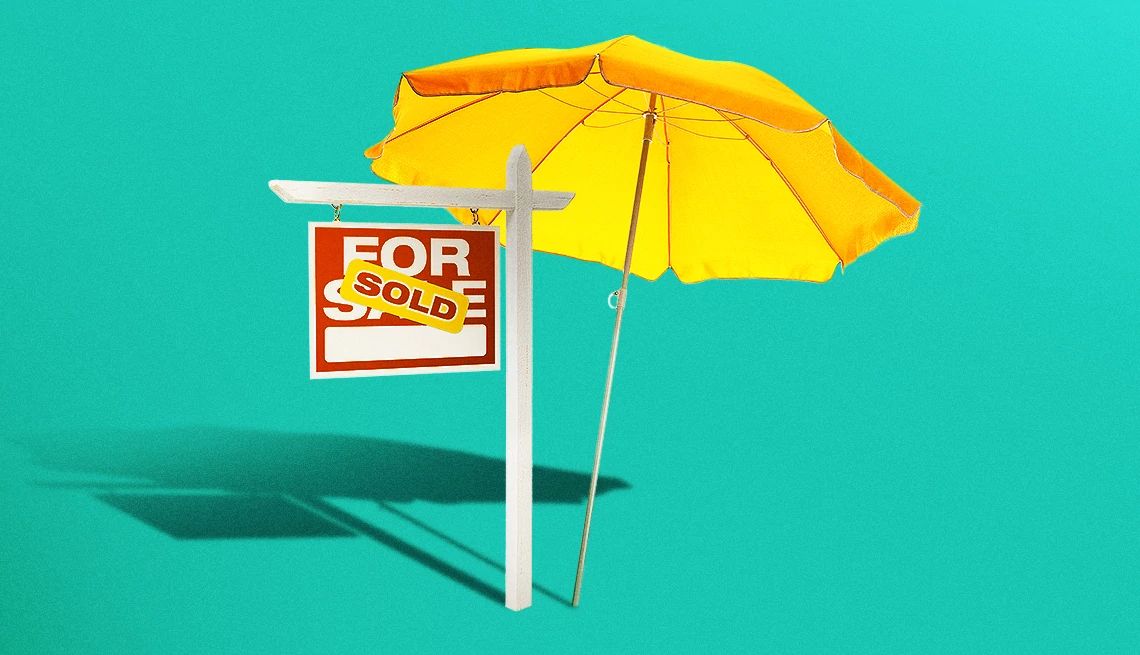AARP Hearing Center


Gas prices and traffic jams aren’t the only headaches drivers face these days. Cybercriminals are now requesting that they pay fake highway tolls.
According to the FBI, the scam began gathering steam last spring and has exploded in recent months, as text messages requesting payment for (fake) unpaid tolls flood phones.
How the road toll scam works
People receive a text message that appears to be from a highway authority or a transponder company like E-ZPass, notifying them of supposedly unpaid tolls. The amounts are usually small: Some texts have used figures like $11.69 or $12.51. The scammers say you need to pay the toll to avoid a late fee of $50. The text includes a link for payment.
The FBI has warned that instead of sending the same text everywhere, scammers often tailor them to specific states. The link in the text “is created to impersonate the state’s toll service name, and phone numbers appear to change between states,” the FBI notes. So if you live in Pennsylvania, the website link might be something like https://myturnpiketollservices.com (a URL scammers have included in some of their texts).
But the scam isn't always targeted to state residents. People around the country, for instance, have received this message: “Pay your FastTrak Lane tolls by [date]. To avoid a fine and keep your license, you can pay at [link].” FasTrak — note the difference in spelling — is the name of California’s legitimate electronic toll system, which now offers a fraud alert on its site: “FasTrak does not request payment by text with a link to a website.”
For victims, it’s a triple whammy. Not only are they paying money they don’t owe, but the link may expose them to malware and identity theft, and criminals get access to the victim’s credit card number.
Road Toll Scams on the Rise
The Nevada Department of Transportation posted a warning on X on March 4: “A fake text is going around claiming you owe toll road fees in Nevada. Don’t fall for it! Nevada has no tolls on public roads.” Many other agencies have issued alerts, including the New Jersey Turnpike Authority, the Pennsylvania Turnpike Commission, the Better Business Bureau and the Federal Trade Commission.
“I think this is going to get a lot more momentum,” says Eva Velasquez, president and CEO of The Identity Theft Resource Center, a nonprofit focused on minimizing the risk of identity compromise and crime.. “For those of us who have been in this space for a long time, when we started hearing about it, our Spidey senses were tingling,” she adds. “We thought, This could be bad.”




































































More From AARP
Many Scammers Now Ask for Payment in Gold Bars
Criminals tell victims to liquidate their savings to buy gold — then hand it over for ‘safekeeping’What to Do If You've Just Been Scammed
How one woman worked quickly — with help — to avoid being charged through PayPal
Keep an Eye Out for the Latest Travel Scams
Don’t let criminals steal your fun
Recommended for You